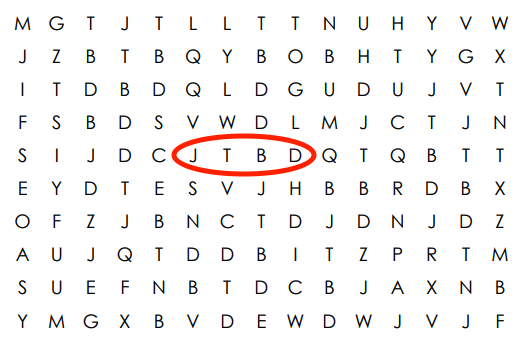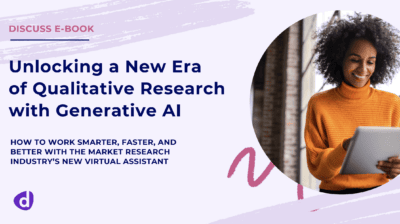Keep it in the family: Disrupting yourself before someone else does it for you
I recently attended TMRE in Orlando, where I was delighted to hear so many brands talking about the innovative mindsets that they were breeding within their teams. Across multiple sessions, I heard brands talking about innovation with a different tone than I had grown used to. It got me wondering, why now? What has changed?
Sara Stabelfeldt and Karen Strupp of Kimberly-Clark gave a presentation about how they used various frameworks – including Design Thinking, Lean, and Jobs to be Done – to tackle a major business problem that their team had been avoiding for years. After being called out by senior management, their team finally decided to do something about it. There was only one small problem: they only had three months to pull it off. They had a couple of options: they could say no or they could rise to the challenge. They rose to the challenge. They designed a 10 day sprint that would dedicate 100% of their time to this singular challenge. The notion of exclusive, dedicated work on this and nothing else for two weeks scared them, but they were open to the challenge. At the end of the two weeks, they successfully tackled a challenge that had perplexed their teams for literally years prior.
Following their session, someone from our team approached the speakers and asked a question that was itching at her. She wanted to know, how were they able to get everyone to agree and buy into this innovative approach?
Stabelfeldt had an interesting perspective that shed light on the question. She agreed that changing a corporate culture can be a challenge. However, she also said that brands are at a major turning point today, unlike any other that they have faced previously. She credited this change of mentality to the dramatic shifts in the consumer product landscape today. In the past couple of years, we have witnessed so many legacy brands facing dramatic loss of market share when a disruptor comes in. Understandably, Kimberly-Clark did not want to find itself falling victim to this. Think how many legacy industries we have witnessed being disrupted recently: taxis by Uber and Lyft, large box retailers by Amazon, hotels by Airbnb. Who’s to say what will be next?
According to Stabelfeldt, brands that wish to avoid this same fate have to be open to swapping in their traditional approaches, in favor that is more in line with the disruptive practices. In other words, if they don’t want to be disrupted by someone else, they have to disrupt themselves. This is forcing them to think a lot more about their consumers and to engage in regular meetings with them.
Conversations are key to uncovering nuggets of insights in the rubble. These insights can then be used to create new marketing and products or adjust existing products to be exciting, disruptive, and meet the needs of consumers.
Kimberly-Clark demonstrates a shift that we’ve witnessed a lot of brands beginning to take. In order to understand the needs and desires of their consumers, they realize that they have to change their approach toward engagement; that is, they need to do it earlier and more often. Brands around the world are leveraging Discuss.io to launch consumer closeness and engagement initiatives in order to drive better, more innovative business decisions. Start a conversation with us to learn more about how your team can do the same.
Sign Up for our Newsletter
Related Articles

Video Conferencing Technology Best Practices to Ensure Outstanding Experiences
For modern researchers and CX professionals who use interviews to gather customer insights, reliable video conferencing technology is essential. But…
For modern researchers and CX professionals who use interviews to gather customer insights, reliable video conferencing technology is essential. But…

Why is everyone talking about Jobs-To-Be-Done?
The hardest part about attending a conference is not the long hours, lack of sleep, or constant search for an
The hardest part about attending a conference is not the long hours, lack of sleep, or constant search for an

Consequences of a strained research ecosystem
In theory, the Marketing-Insights relationship is mutualistic. Insights empowers Marketing to make business decisions rooted in research and...
In theory, the Marketing-Insights relationship is mutualistic. Insights empowers Marketing to make business decisions rooted in research and...


